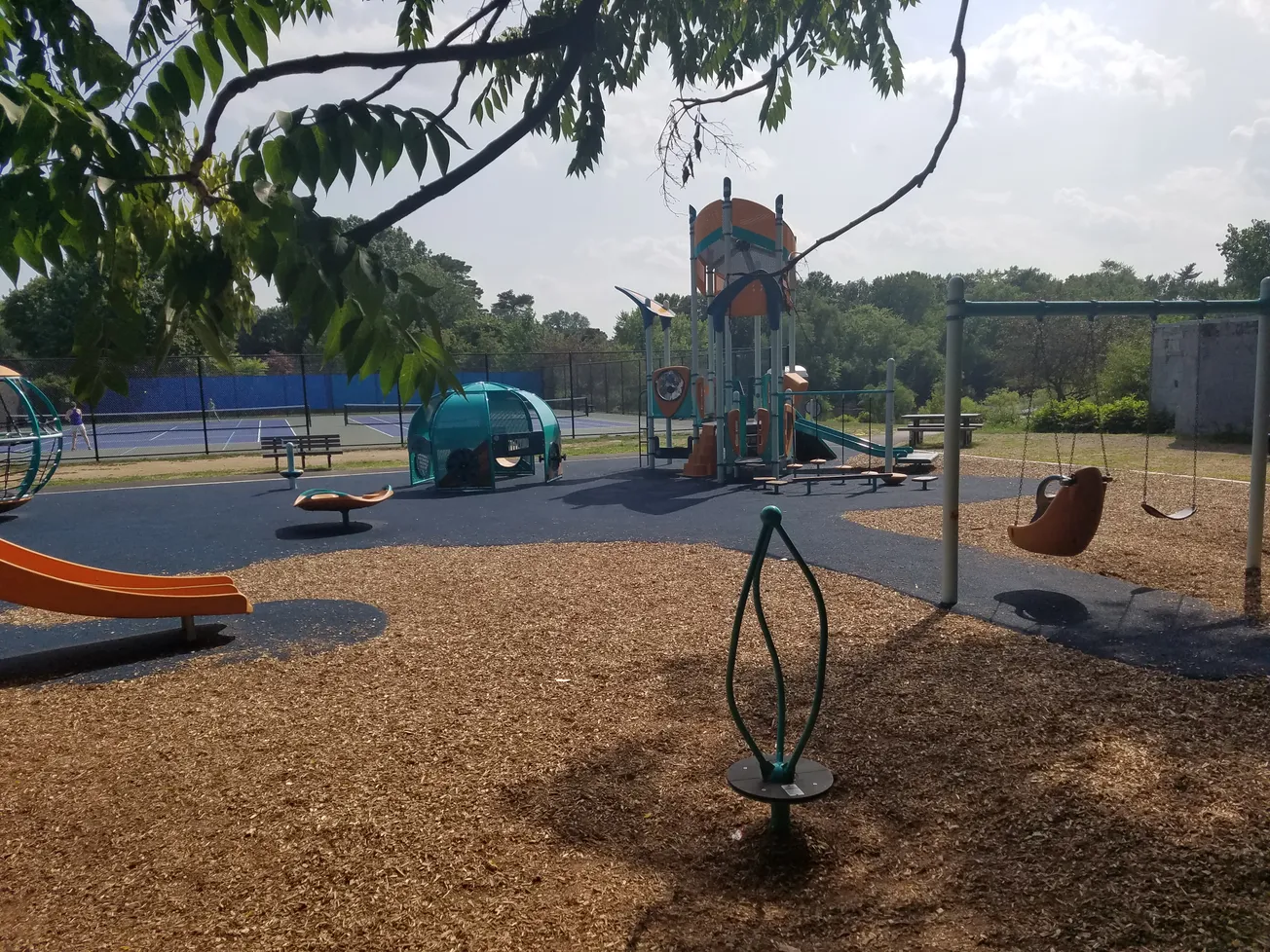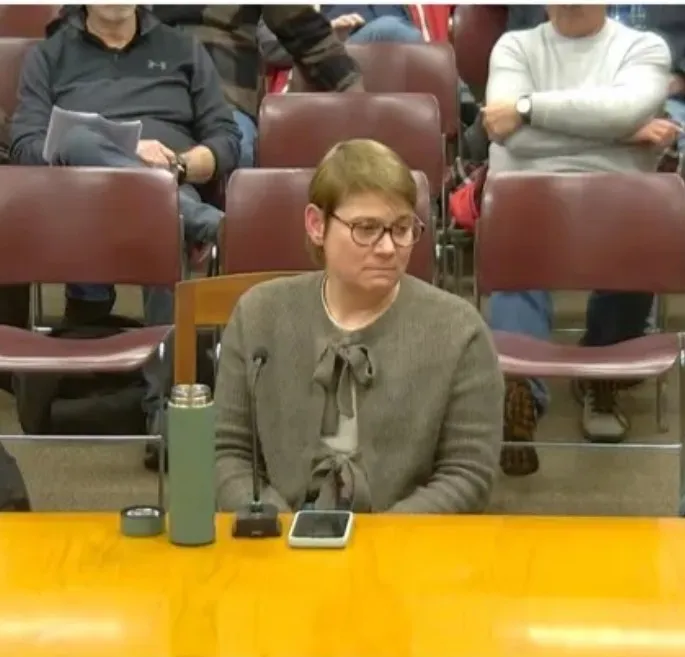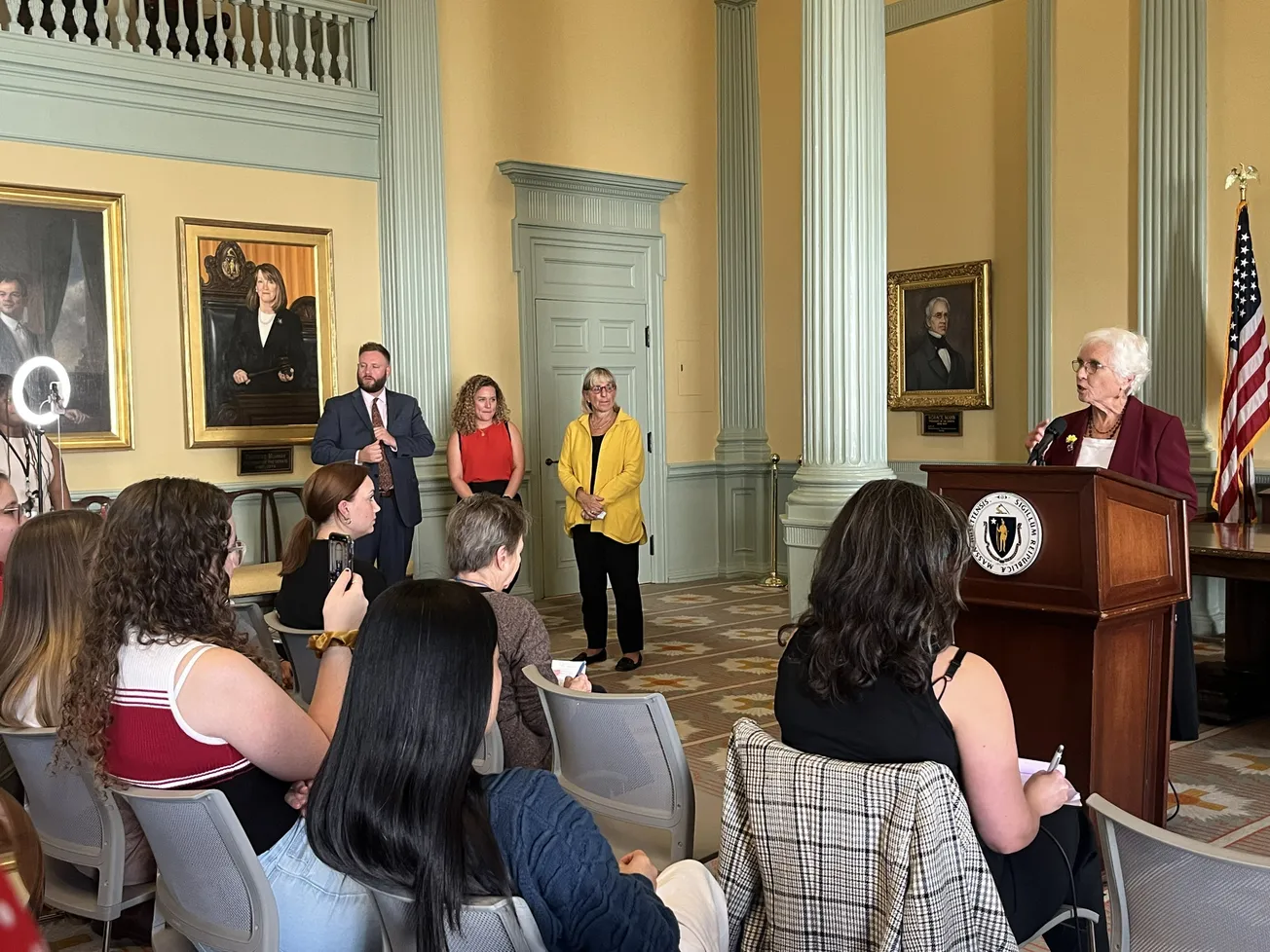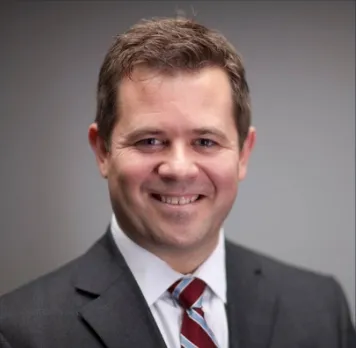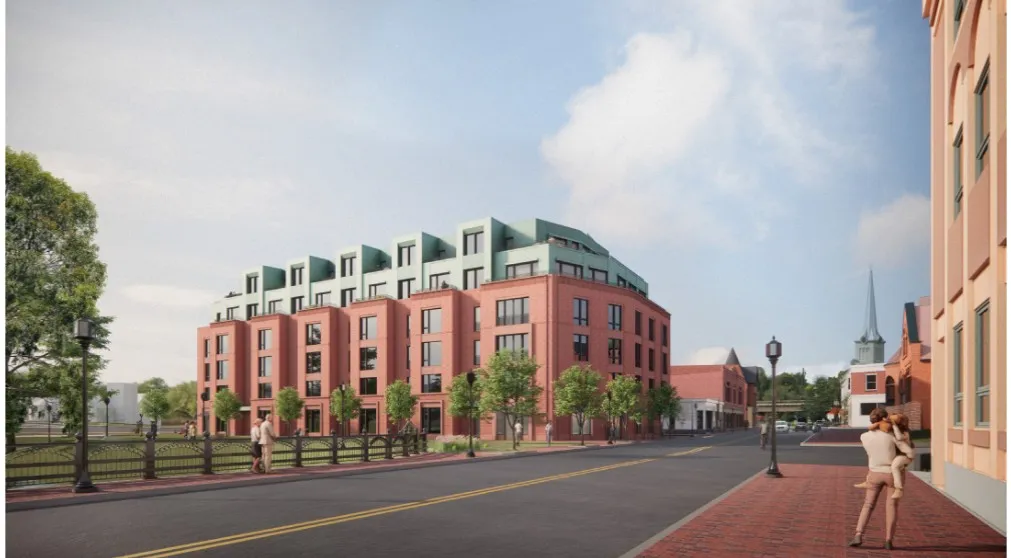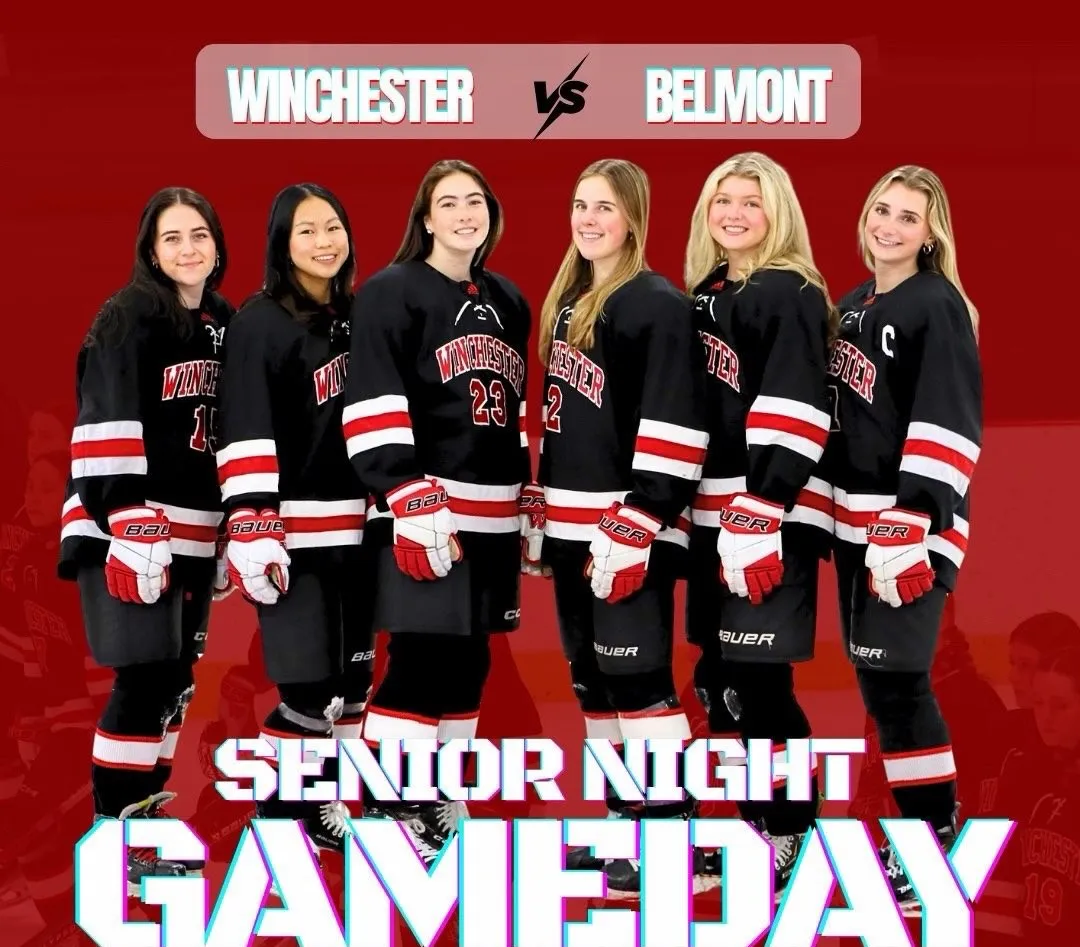Table of Contents
When McDonald Field and Leonard Field playgrounds were updated in the spring, members of the Winchester Special Education Parent Advisory Council (WinPAC) were thrilled to see adaptive elements added into the mix.
But the real victory might just be the partnership that has developed between WinPAC and the town’s Disability Access Commission (DAC).
“It’s a great connection,” said Lisa Matrundola, DAC chair. “DAC has always wanted to involve WinPAC in the process.”
The DAC historically focuses on universal access and making sure the town is compliant with the Americans with Disabilities Act, Matrundola said. WinPAC is a mandated group of parents and guardians who work with teachers, administrators, and the School Committee to provide resources on special education and services.
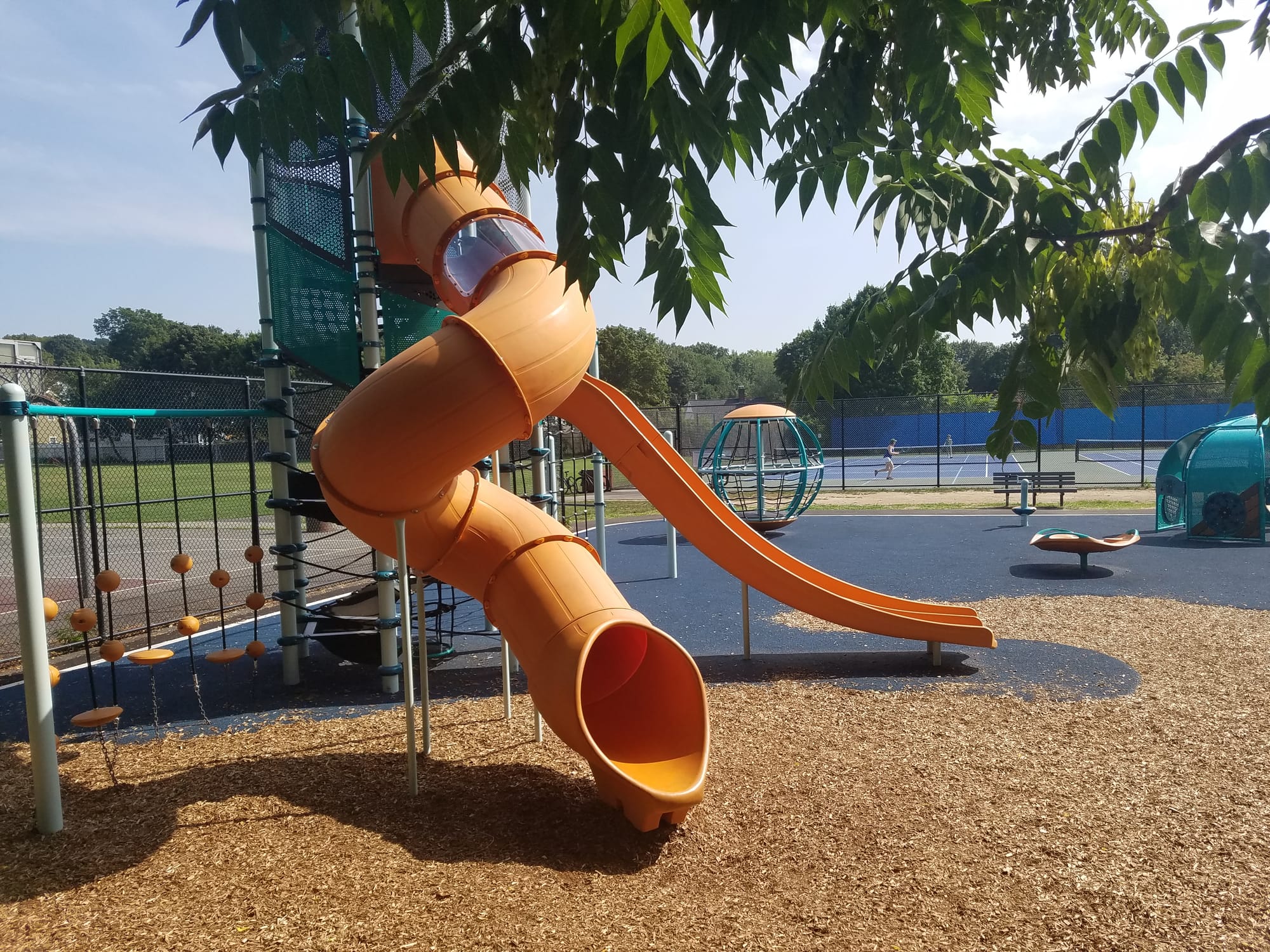
“We recognize that there are about 850 students in the district with disabilities, and that’s somewhere between 18 to 20% of the student population,” said WinPAC Chair Shannon Stott during a School Committee update. “And we’re here to serve them all.”
They are the opposite sides of the same coin, but until the issue of accessible playgrounds came up their paths never seemed to cross, Stott admitted, during a recent conversation. But she is glad they did. She called the DAC a board full of terrific people and said she hopes the partnership will extend far beyond playgrounds.
Largely because it makes sense.
In her year-end update to the School Committee, Stott highlighted how both WinPAC and the DAC have extensive professional training expertise as well as lived experience when it comes to town-wide decisions that impact those with disabilities in the community.
Matrundola said they finally connected when parents from WinPAC came to a few of DAC’s meetings.
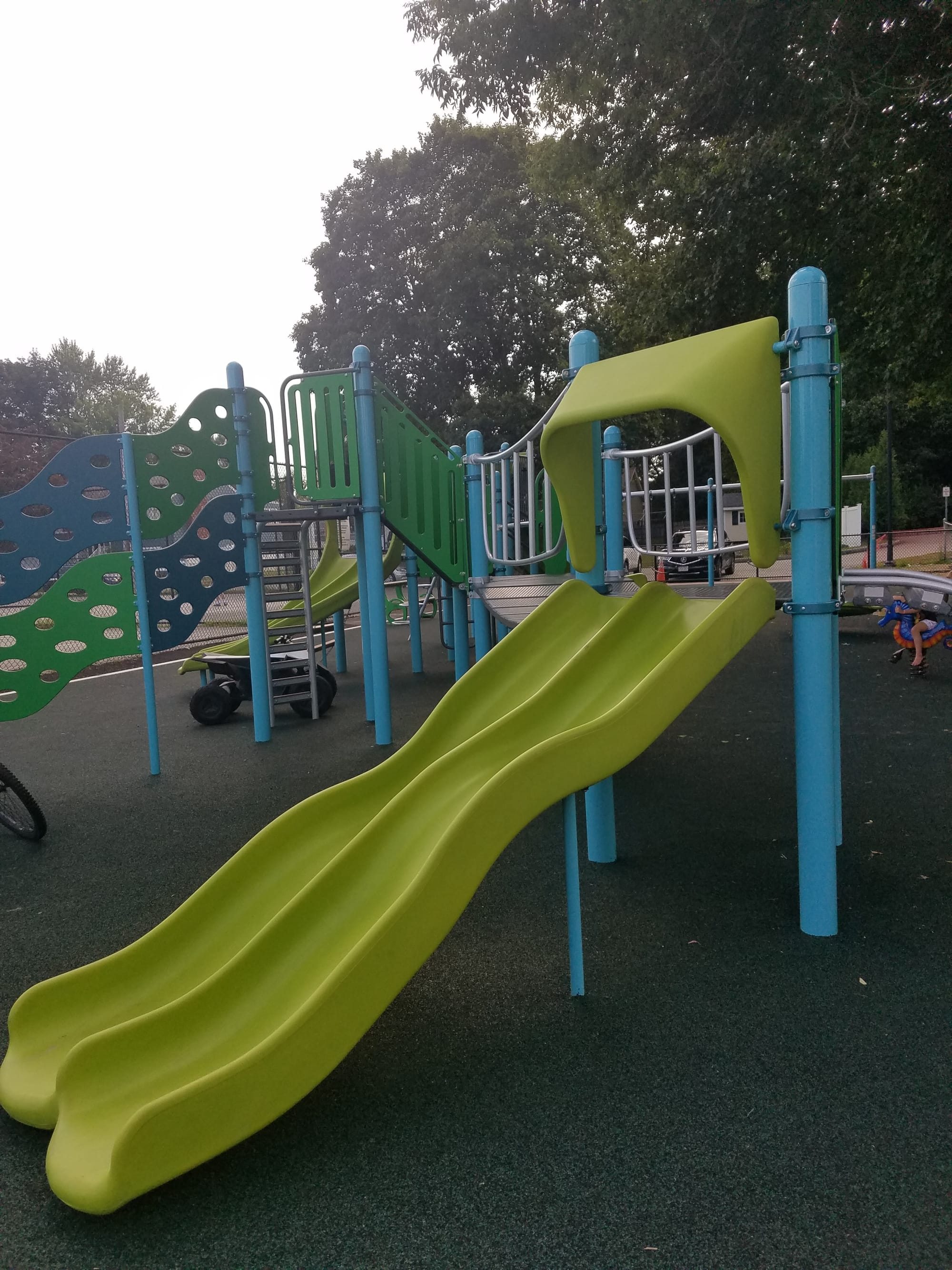
How it got done
Stott said when plans for the new Lynch School were coming together, WinPAC began asking about the playground. She said they felt it was the perfect opportunity to offer advice on what a truly accessible playground might look like.
WinPAC board member Amy Moy said what it looks like is rarely what the “aesthetically pleasing” playground designs look like. She said it is not unusual for schematics to show a child in a wheelchair approaching a structure, showing it to be accessible. But getting to the structure is only half the battle, Moy said.
“There was a lot of talk about ADA regulations and accessibility, but just because a child in a wheelchair can get up to the playground structure does not mean that they can enjoy it to a significant extent,” she said. “WinPAC suggested sensory elements, ramps and stable bridge, elements to allow people with less physical ability to enjoy the structure as well.”
Matrundola called WinPAC’s involvement in the park designs a really big win. She said before, when it came to playgrounds and accessibility, it was pretty basic. WinPAC’s discussion of universal access as opposed to just accessibility changed the ballgame.
Moy agreed. She called a discussion with town administrators, focusing on accessibility versus inclusion, an important high point.
Another high point, she said, is a memorandum regarding playground design that WinPAC and DAC developed for town officials.
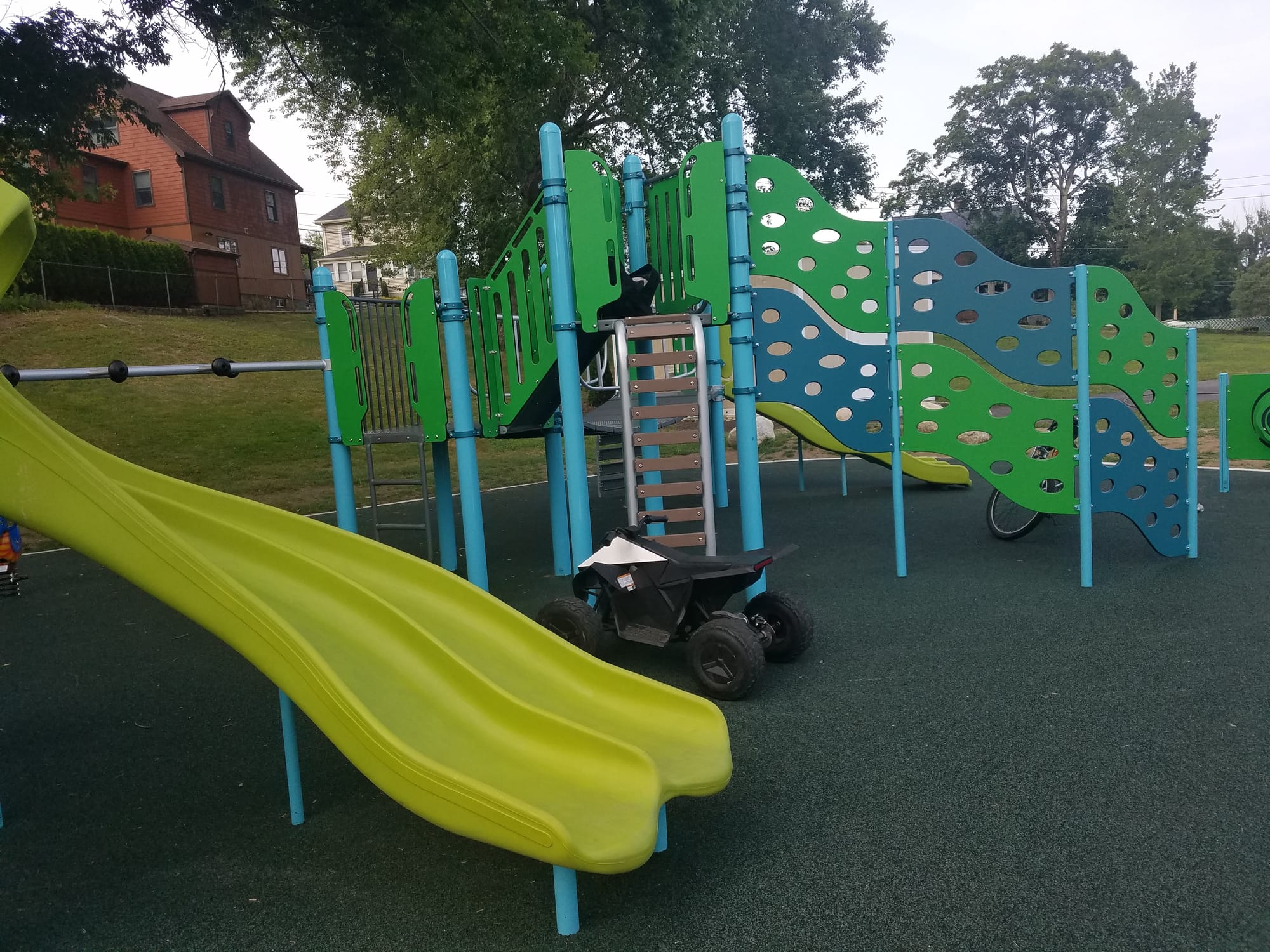
“It could be used by any architect in the future to develop an accessible and inclusive playground,” she said.
Stott was quick to note that it wasn’t just WinPAC and DAC that got the design changes made. She called Superintendent Dr. Frank Hackett a great friend to the effort.
“What’s nice was all the politicians coming together, not just our two groups but a number of different groups,” she said. “It really brought everyone together.”
Why is it important
Moy said her daughter, a person with Down syndrome, loves playgrounds and always wants to climb the high structures, but low muscle tone prevents her from doing so. The new structure for Lynch, however, is designed with lower structures and wider platforms that she can maneuver.
Stott said WinPAC felt it was important to get the Lynch School playground right because there will be an integrated preschool there and they wanted to make sure it would be a space everyone could enjoy.
But the Lynch School wasn’t the only playground WinPAC wanted to tackle. With their new friends at DAC, they also turned their combined attention to the playgrounds at Leonard and MacDonald fields, where changes were also made when the playgrounds were renovated in the spring.
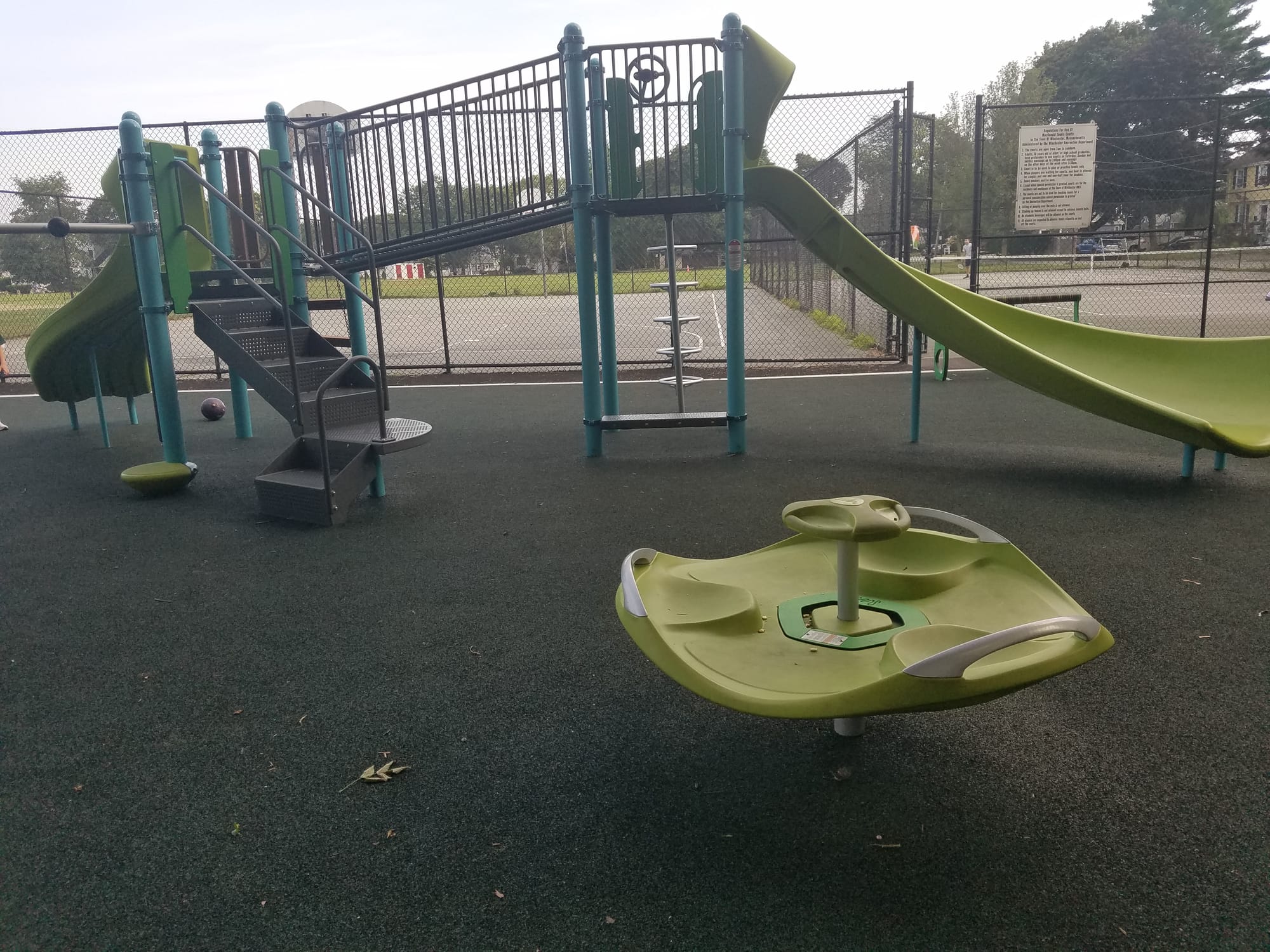
“WinPAC and DAC are really grateful for the changes made and feel that the playgrounds will be great spaces,” Stott said.
Because having accessible playgrounds is about more than just the structures, it’s also about inclusion and the opportunity to socialize, Moy said.
“Playground accessibility is important because it also ties into socialization and the ability to meet kids and make friends,” she said.
Moy said when her daughter comes home from the park now she loves to hear that not only did she have a good time, but she’s made a new friend.
Back to the partnership
“As a person who grew up in Winchester with a disability, I wasn’t allowed on the playground,” Matrundola said. “It wasn’t acceptable.”
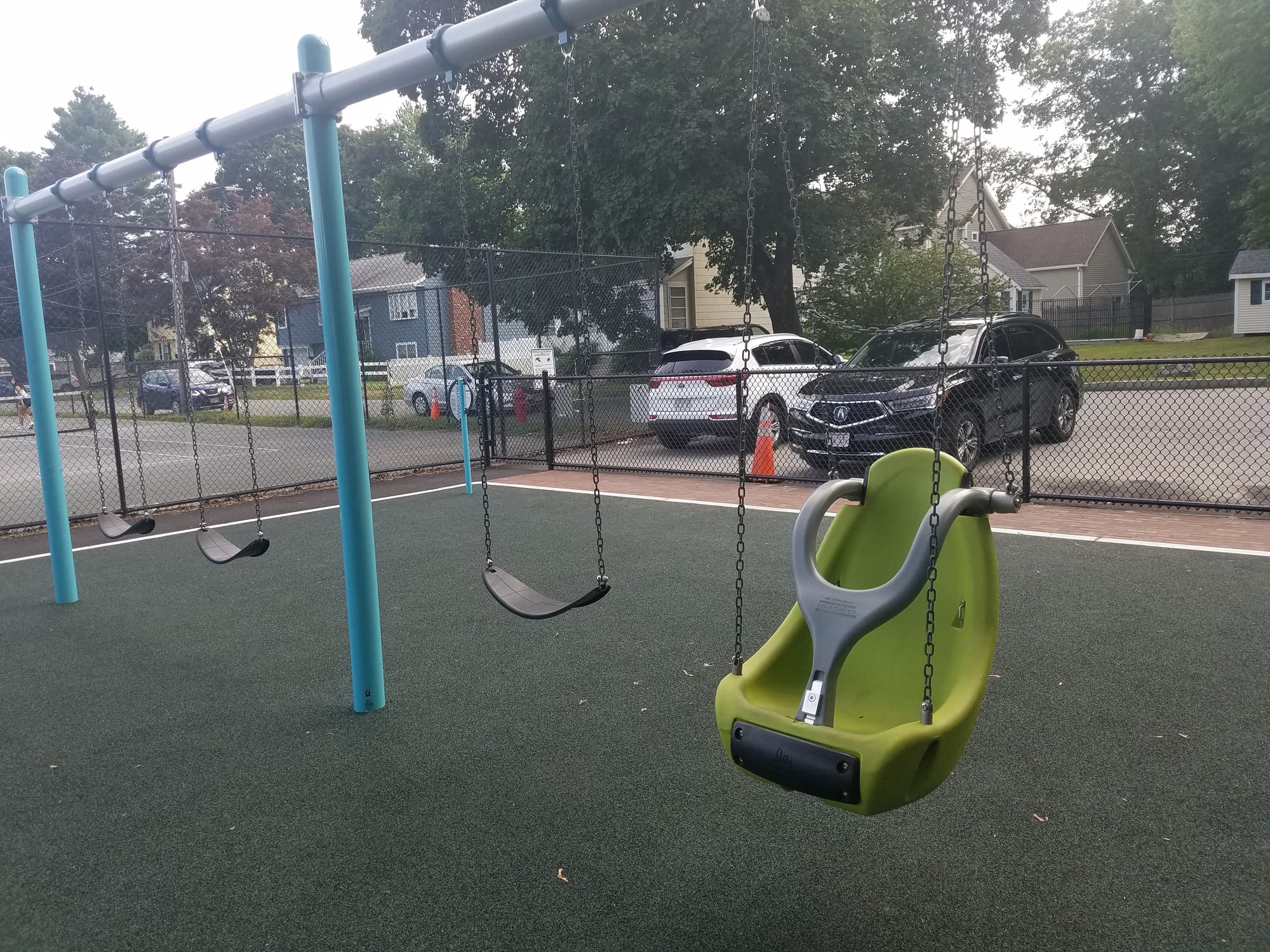
Matrundola said WinPAC gives parents a voice for inclusion and now that they’ve partnered with the DAC, parents are also aware they have a platform to speak to the rest of the town. And that, she said, is how they will get things done in making Winchester fully accessible.
“It’s very exciting,” she said. “I consider this playground work a stepping stone … it’s just the beginning.”

